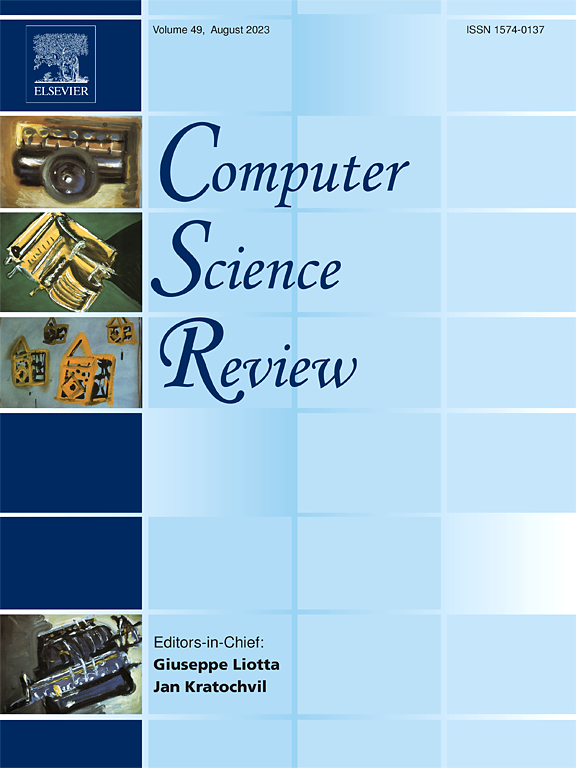身份管理中的去中心化趋势:从联邦身份管理系统到自我主权身份管理系统
IF 12.7
1区 计算机科学
Q1 COMPUTER SCIENCE, INFORMATION SYSTEMS
引用次数: 0
摘要
身份管理系统(IMSs)是跨不同行业的无数数字服务的基本要素。传统上,电子IMSs是集中的,类似于历史上基于纸张的IMSs:有一个单一的权威机构负责代表已识别的主体(人或设备)发布、存储和共享与身份相关的信息。在过去的十年中,我们见证了IMSs的去中心化趋势,原因有很多,比如试图弥合断开的身份筒仓,以及努力让用户更大程度地参与身份管理。联邦和自治IMSs是去中心化趋势中最突出的两种方法。尽管在这一领域取得了重大进展,但尚未从概念的角度研究联邦和自我主权IMSs,也未分析不同分散方法之间的根本差异。在设计可能每天影响数百万用户的未来ims时,了解不同方法的含义非常重要。在这项工作中,我们对这两个IMS类进行了概念性研究。首先,我们提出了一个由一组功能和一组操作组成的通用模型,并将其用作比较框架。使用通用模型,我们分析了联邦和自我主权IMSs的三个代表,即IOTA Identity, Hyperledger Indy和eIDAS。在此基础上,我们提出了一种新的多维分类法来捕捉这些系统之间的关键差异。此外,我们还讨论了SSI原则和IMSs中遵循的分散方法。最后,我们提出了自主IMSs的研究空白和解决方向。本文章由计算机程序翻译,如有差异,请以英文原文为准。
Decentralization trends in identity management: From federated to Self-Sovereign Identity Management Systems
Identity Management Systems (IMSs) are fundamental elements in a myriad of digital services across different industries. Traditionally, electronic IMSs have been centralized, similar to historical paper-based IMSs: there is a single authority responsible for issuing, storing, and sharing identity-related information on behalf of the identified subjects (people or devices). Over the last decade, we have been witnessing a decentralization trend in IMSs due to a number of reasons such as an attempt to bridge disconnected identity silos and the strive to involve the user in identity management to a larger degree. Federated and Self-Sovereign IMSs are the two most prominent approaches in the decentralization trend. Despite significant progress in this area, Federated and Self-Sovereign IMSs have not been studied from a conceptual point of view and the fundamental differences between different decentralization approaches have not been analyzed.
It is important to understand the implications of different approaches when designing future IMSs that may affect millions of users daily. In this work, we conduct a conceptual study of these two IMS classes. First, we propose a generic model consisting of a set of functionalities and a set of operations and use it as a comparison framework. Using the generic model, we analyze three representatives from Federated and Self-Sovereign IMSs, namely, IOTA Identity, Hyperledger Indy, and eIDAS. Based on the analysis, we propose a new multi-dimensional taxonomy to capture the key differences between these systems. Furthermore, we discuss SSI principles and decentralization approaches followed in IMSs. Finally, we present research gaps in Self-Sovereign IMSs along with solution directions.
求助全文
通过发布文献求助,成功后即可免费获取论文全文。
去求助
来源期刊

Computer Science Review
Computer Science-General Computer Science
CiteScore
32.70
自引率
0.00%
发文量
26
审稿时长
51 days
期刊介绍:
Computer Science Review, a publication dedicated to research surveys and expository overviews of open problems in computer science, targets a broad audience within the field seeking comprehensive insights into the latest developments. The journal welcomes articles from various fields as long as their content impacts the advancement of computer science. In particular, articles that review the application of well-known Computer Science methods to other areas are in scope only if these articles advance the fundamental understanding of those methods.
 求助内容:
求助内容: 应助结果提醒方式:
应助结果提醒方式:


